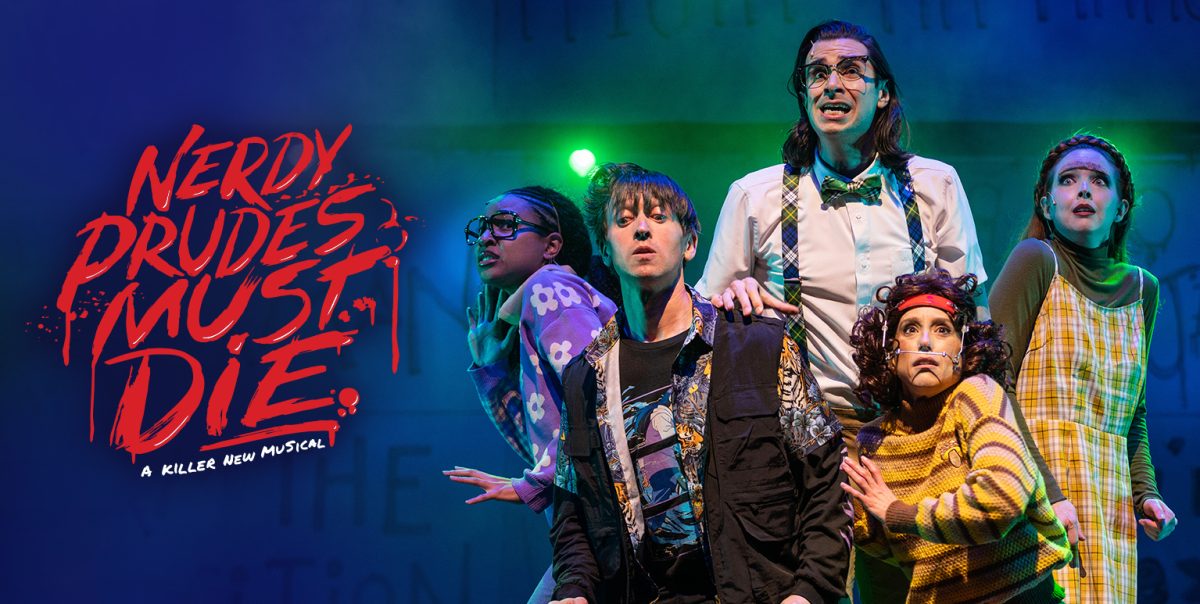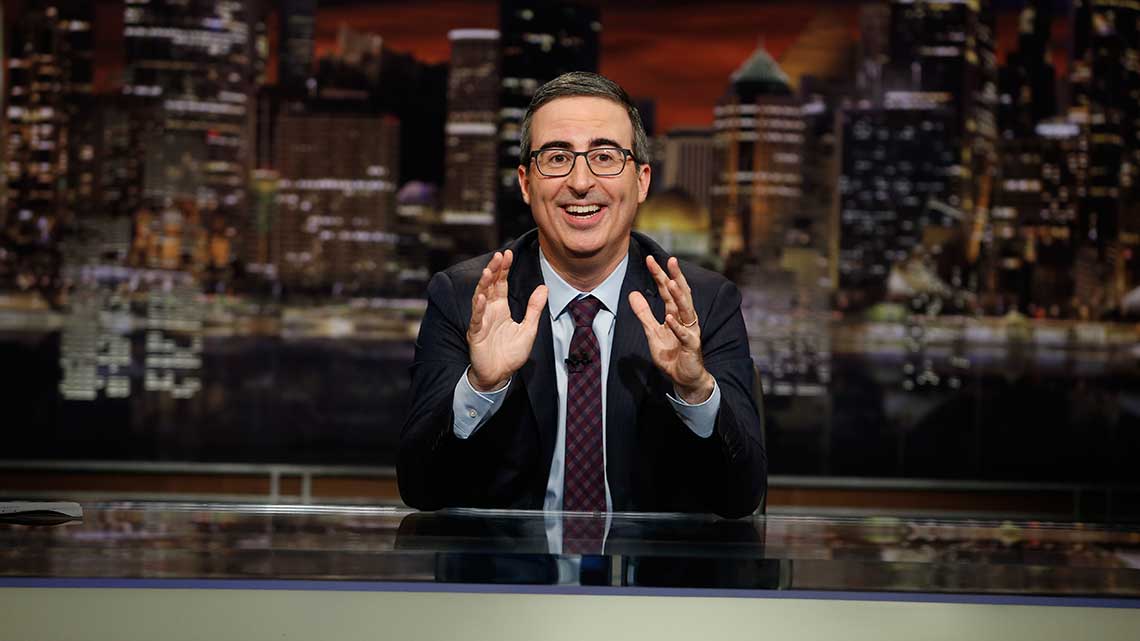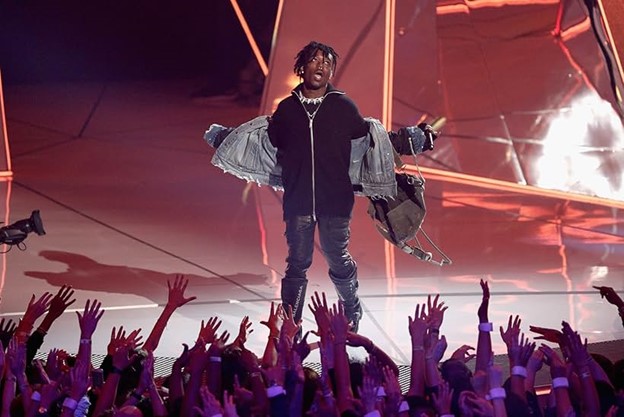
“Quartet” is a quiet comedy-drama that tells the story of four elderly men and women living at Beecham House – a home for retired musicians – as they struggle to maintain their identities as they reach old age.
Dustin Hoffman stepped behind the camera for “Quartet,” his first major directorial debut. “Quartet” is a slick effort that shows a lot of promise of things to come, from the oftentimes beautiful scenery to the briskness of the story, the film’s successful direction puts Hoffman in good stead for future projects.
Hoffman’s work is complemented by a strong script from Ronald Harwood, who also wrote the original stage play of the same name. Some jokes don’t completely hit their mark, leading to awkwardly pregnant pauses where the audience is meant to laugh at the preceding witticisms. Nevertheless, the banter is still quite snappy and the story seems to have lost very little in its transition from stage to film.
The ensemble cast is unsurprisingly fantastic. Maggie Smith plays prideful legend Jean Horton with strong, brisk elegance, which we have come to expect from the veteran actress.
Tom Courtenay portrays the troubled, but loyal Reginald Paget, giving a subtle, complex performance that invigorates his character with a mysterious emotional depth.
Billy Connolly is the randy Scot Wilfred “Wilf” Bond, whose coarse sexual antics make him the standout scene-stealer in “Quartet.” Pauline Collins is the memory-challenged Cecily “Cissy” Robson, who seems to have an interesting backstory that is unfortunately never fully investigated.
Michael Gambon reunites with Smith after their major roles in the Harry Potter films, and appears to struggle as he manages his elderly peers in preparation for the annual Beecham House gala.
While the real-life counterparts of the main characters are wholly untrained in music, Hoffman wisely chose many actual retired musicians to work as extras in the film. This successfully conceals the technical ineptitude of the main cast while making Beecham House a believable home for these aging performers.
Thematically, “Quartet” seems to recall the glory of days past while reaffirming the trends of the present. In one particularly compelling scene, Courtenay attempts to understand the concept of rap from a young black student while simultaneously conveying the importance of opera to the rest of the class. Beyond the inherent humor in this exchange, there is a clear message of acceptance on both sides – the lines of communication between the new and old generations are still open, which is promising considering both demographics have a lot to learn from one another.
What is most notable about “Quartet” outside of its sound writing, direction, and acting, is its commitment to positivity. The film almost never truly hits a sour note, and maintains an almost euphoric feeling of gaiety throughout without ever becoming overly saccharine; owing in large part to Connolly, Smith, Collins and Courtenay, the movie feels organic and subtle as opposed to manufactured and contrived. So while the story remains fairly predictable, the climax and ultimate character development still make for a wholly satisfying conclusion to the narrative.
Indeed, the sheer joy of seeing these elderly gentlemen and women work through their difficulties and overcome their universal fears and damaged pride is an emotional experience.
There are two films out right now that endeavor to explore what it means to reach old age, and both use musicians as vehicles for their respective narratives. Although “Amour” would appear to be the most emotionally charged on the topic, surprisingly it is “Quartet” that connects most strongly with the viewer. Slick direction, a compelling narrative played out superbly by the veteran cast makes for excellent viewing on the topic of aging and its problems.
Soren Hough can be reached at [email protected].


















